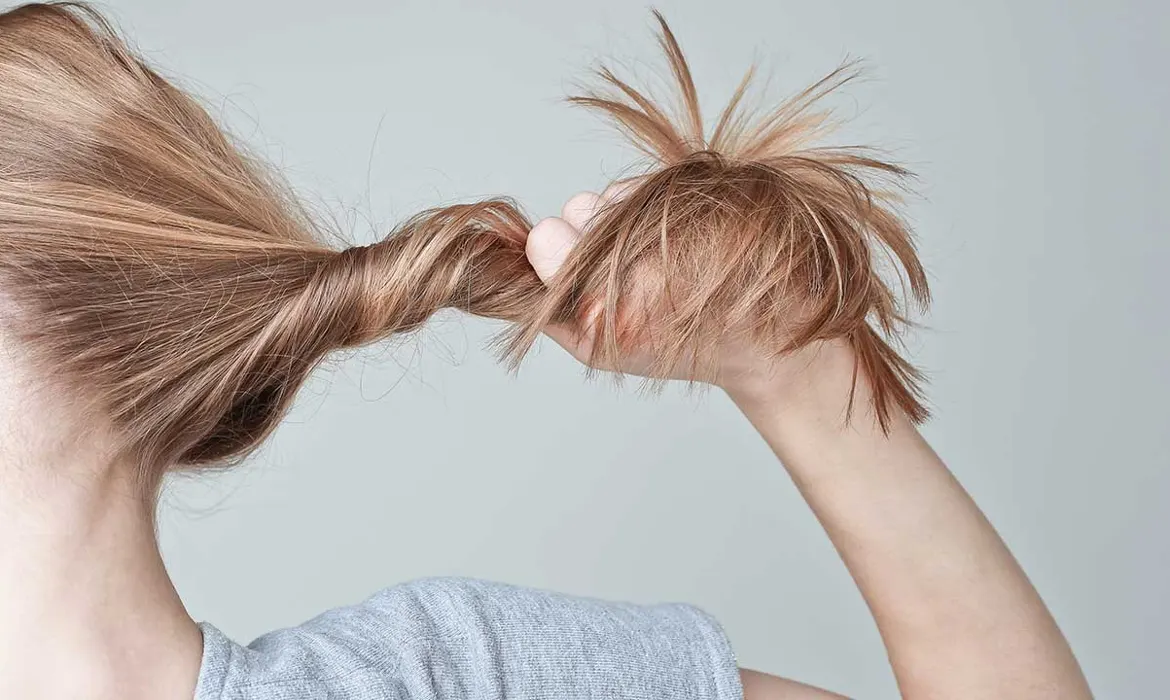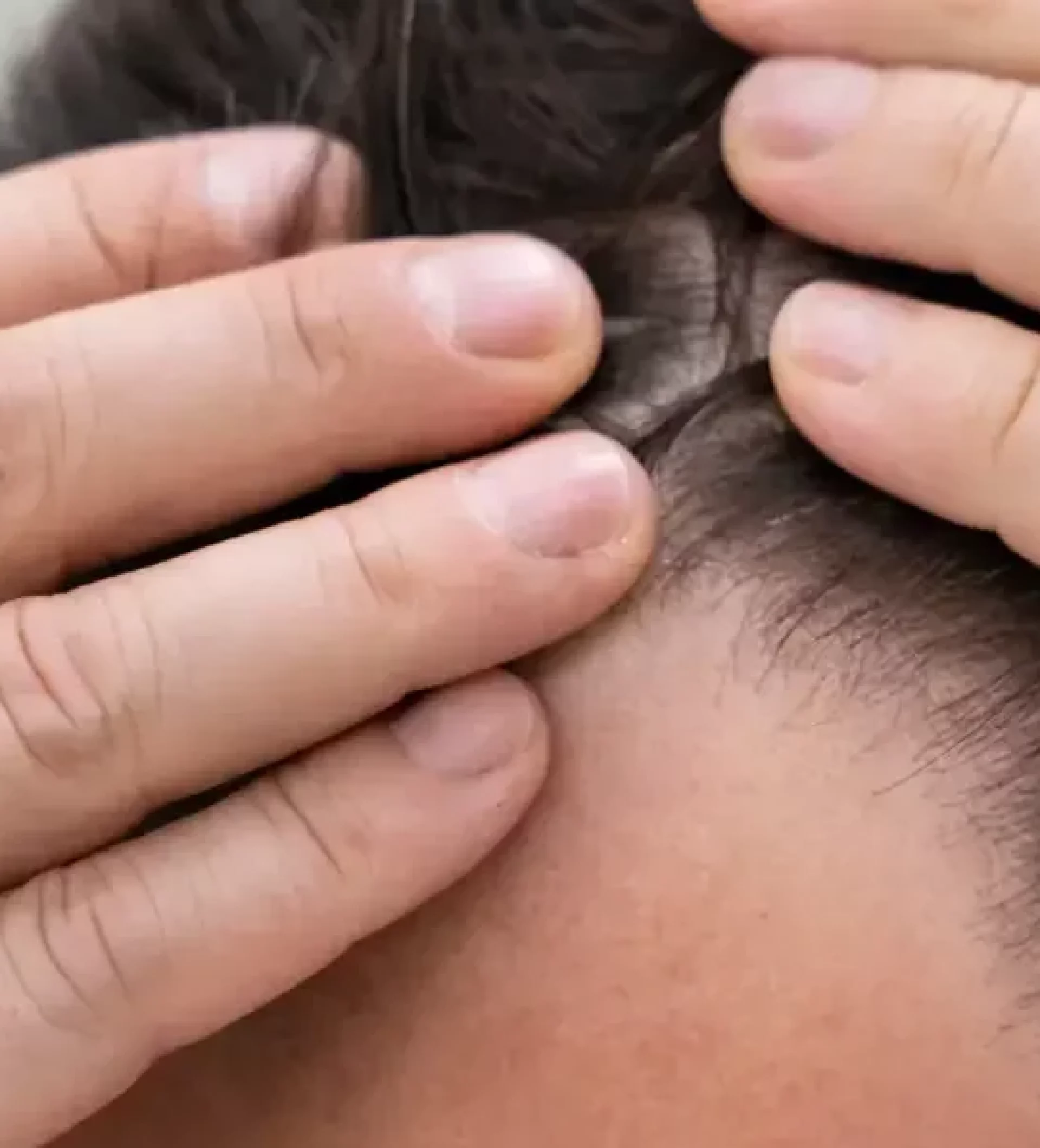Easy there, partner. Stop being so hard on your hair. Teasing, pulling too tightly, or otherwise being hard on your hair has consequences. Damaging hairstyling practices cause a condition called traction alopecia.
What is traction alopecia?
Excessive styling, such as sewing in weaves, overly taught extensions, braiding, pulling and relaxing hair, especially on the crown or the top of the head, can worsen traction alopecia.
Tight hairstyles pull the hair strand connected to the hair follicle and reduce circulation, causing hair to fall out. Traction alopecia, according to a study in the medical journal Clinical, Cosmetic and Investigational Dermatology, affects one-third of women of African descent. The BBC also reported on a South African model who suffered more than 50 percent hair loss at age 31, due to excessive styling.
A Boston University Slone Epidemiology Center study of almost 6,000 women of African descent found that nearly 48 percent of respondents suffered hair loss on the crown or the top of the head, mostly caused by traction alopecia.
Do I have traction alopecia?
It’s normal to shed 100-150 hairs every single day, but many conditions can affect one or all of these growth cycles, including stress, medications, underlying medical conditions and genetics. When you damage the scalp or hair, that adds another component of hair loss.
It’s actually healthy to wash and style your hair. The scalp responds to stimulation, such as when a stylist runs their fingers through your hair during washing and conditioning, applying leave-in products, brushing and styling hair. This increases blood flow to the scalp, which improves circulation. The process creates a fertile environment for hair to grow.
The opposite happens when you apply too much heat to the hair for too long or burn the scalp. Breakage and damage to the hair follicle can occur, leading to alopecia. Repeating these harmful practices over time can result in advanced hair loss.
Regrow Your Hair After Traction Alopecia
There is good news. The experts at HairClub can help reverse traction alopecia and regrow hair in the early stages of hair loss. Our Hair Health Experts can also teach you how to avoid hair loss due to traction alopecia, stopping it before it happens.
HairClub is the recognized leader in hair loss solutions and alopecia treatment, including products proven to regrow or otherwise treat hair loss, when addressed in the early stages of hair loss. That includes EXT Extreme Hair Therapy®from HairClub.
EXT is proven to regrow hair, even after traction alopecia. HairClub’s Hair Health Experts prepare a tailored EXT treatment in-center for each HairClub Member. EXT visits include scalp cleansing, application of a custom elixir, scalp massage to increase blood flow and FDA-approved laser hair therapy which promotes healthy hair growth and reverses miniaturization.
Members with traction alopecia who choose EXT also receive a six-step system to use at home. They include the rejuvenating elixir containing Minoxidil, the FDA-approved topical hair regrowth ingredient clinically proven to regrow hair and the following:
- Shampoo
- Cleanser
- Conditioner
- Supplements
- Scalp massager
In follow-up visits every month, Hair Health Experts will digitally track your hair regrowth in real time using TrichoView. For advanced hair loss due to traction alopecia, ask your Hair Health Expert about Xtrands+, HairClub’s full hair replacement system that provides full coverage of the scalp where hair is thinning.
Your hair can look great and showcase your personal style, without damaging your hair. Let your HairClub Hair Health Expert show you how. Book your free consultation today at one of our 121 HairClub Centers near you for hair loss solutions that prevent and treat traction alopecia.




